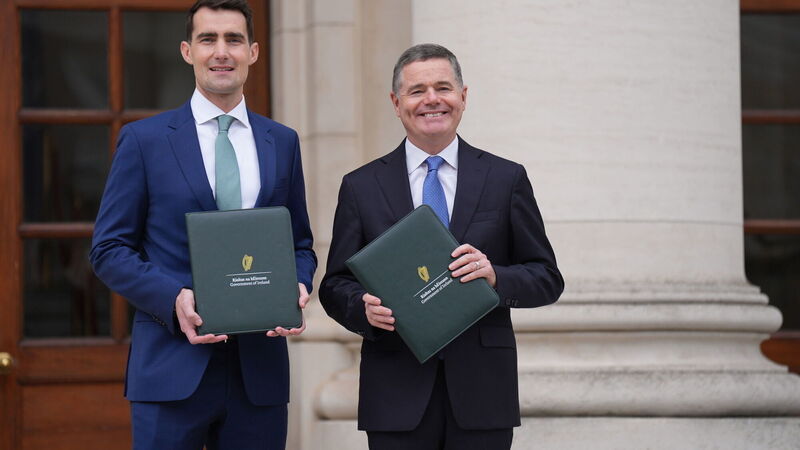Consumer sentiment at three-month low amid rising costs and a lack of supports in budget

The budget announced earlier this month contained no changes to income tax bands or one-off cost of living measures.
Consumer sentiment hit a three-month low during October as rising costs and reduced fiscal supports raised concerns for households heading into the winter period, the latest Credit Union Consumer Sentiment Index shows.
This index comes following the budget announcement earlier this month, which did not see any adjustments to income tax bands and no one-off cost-of-living measures for households.











